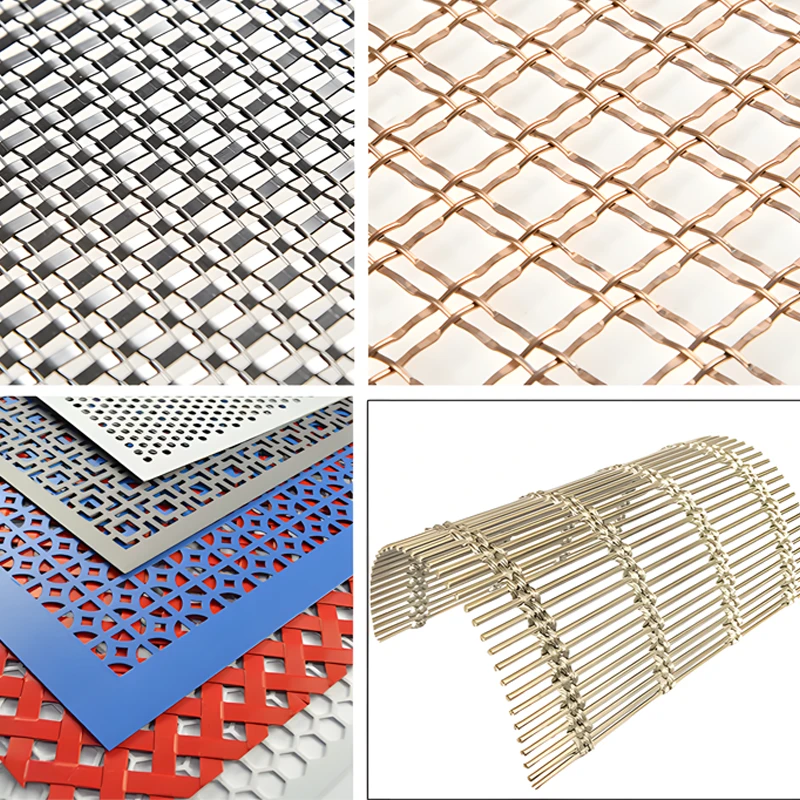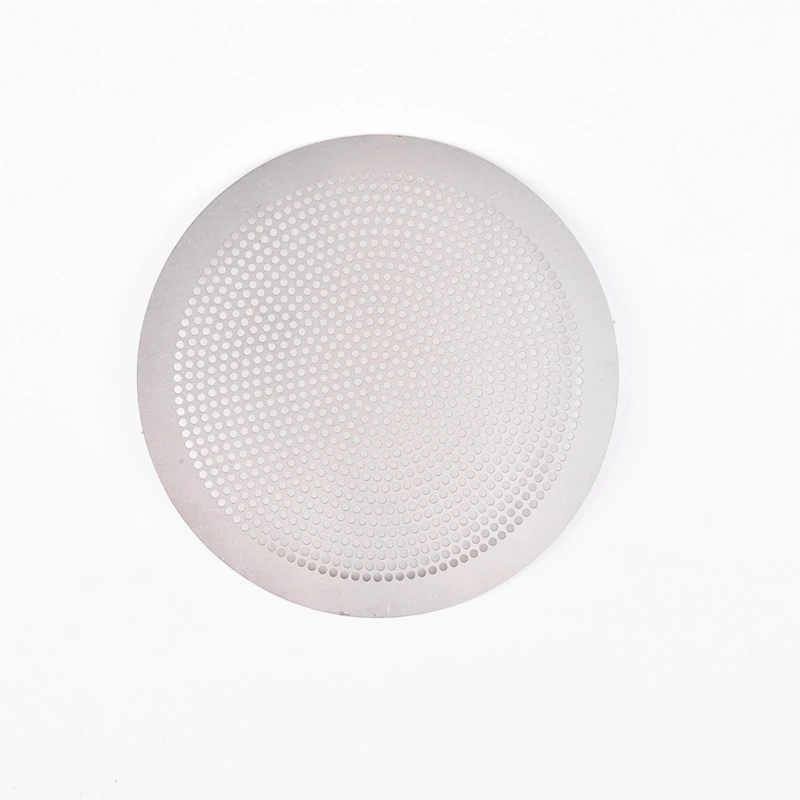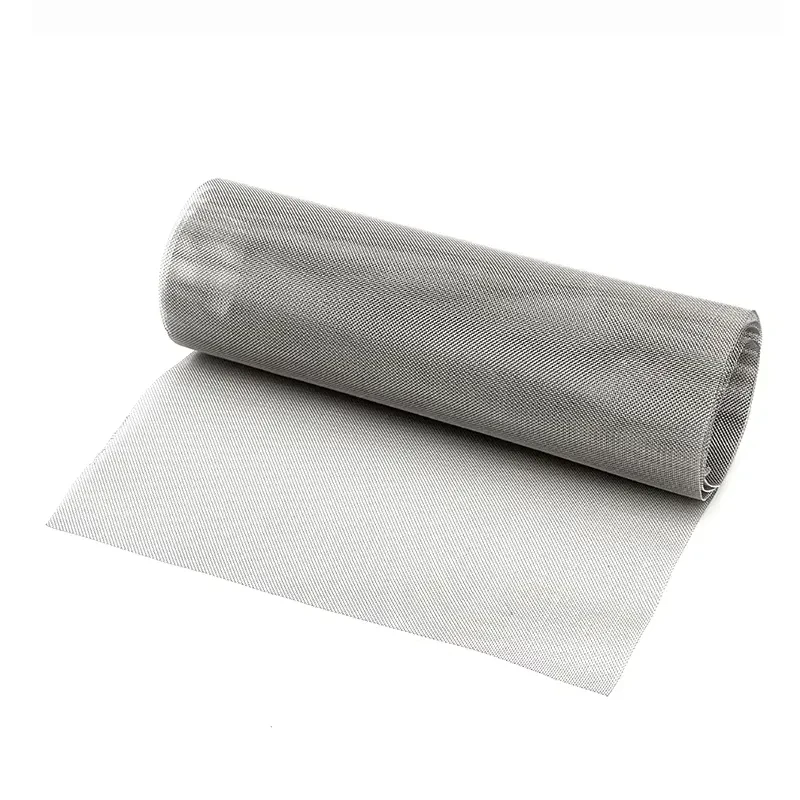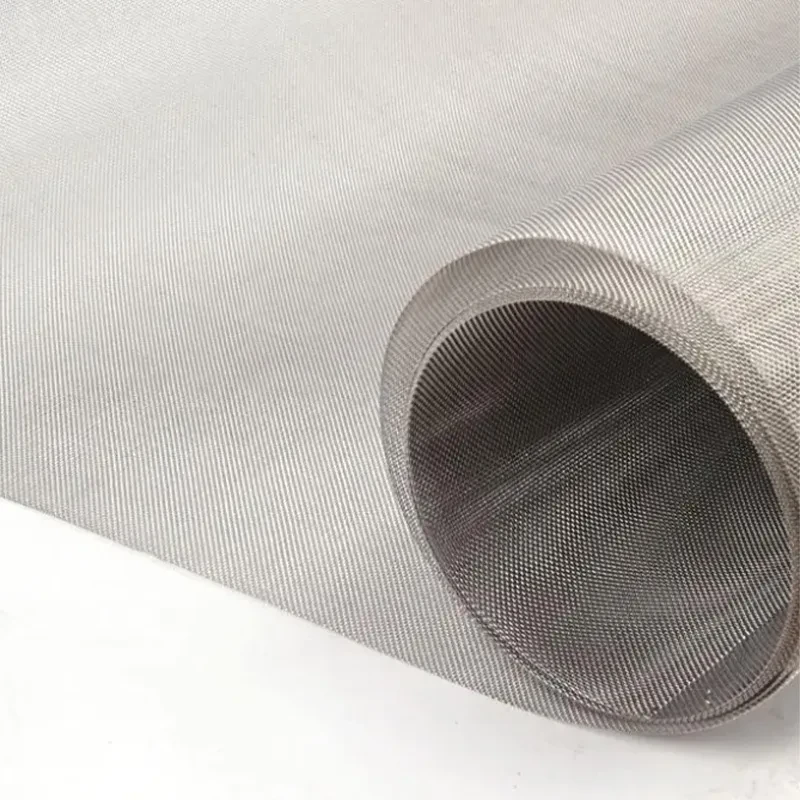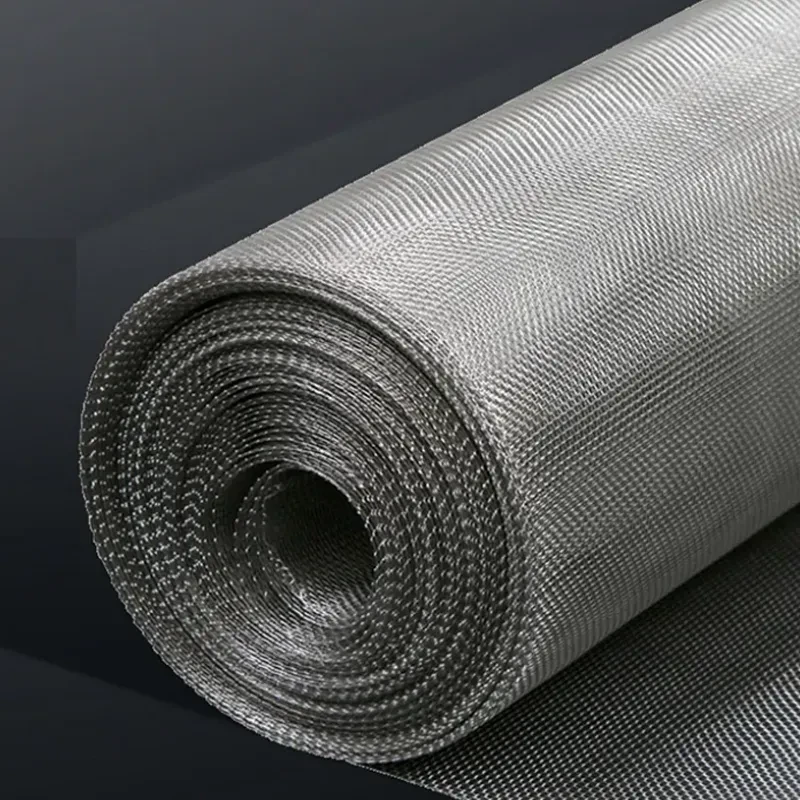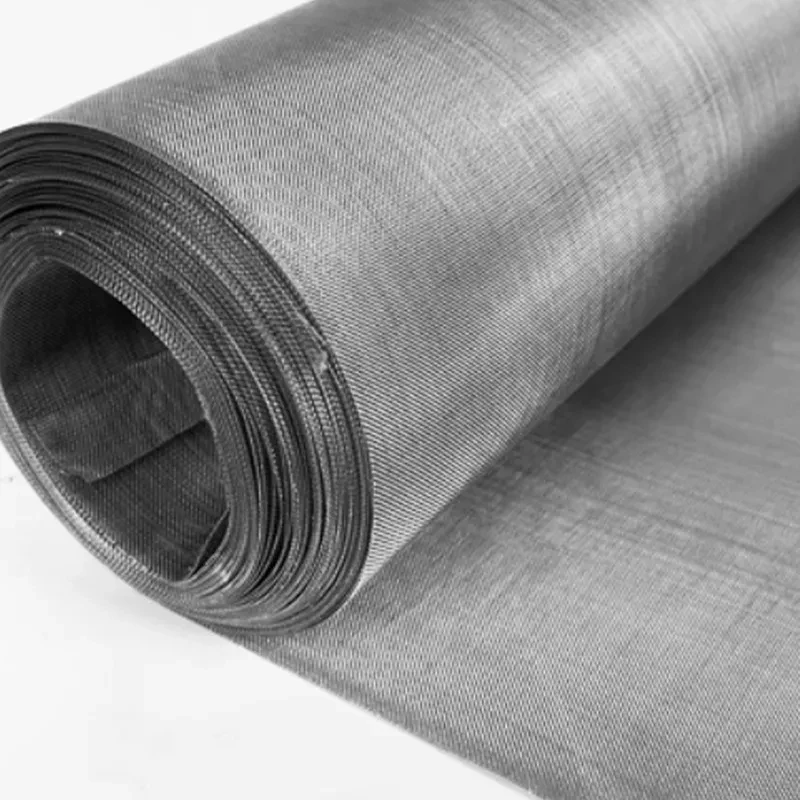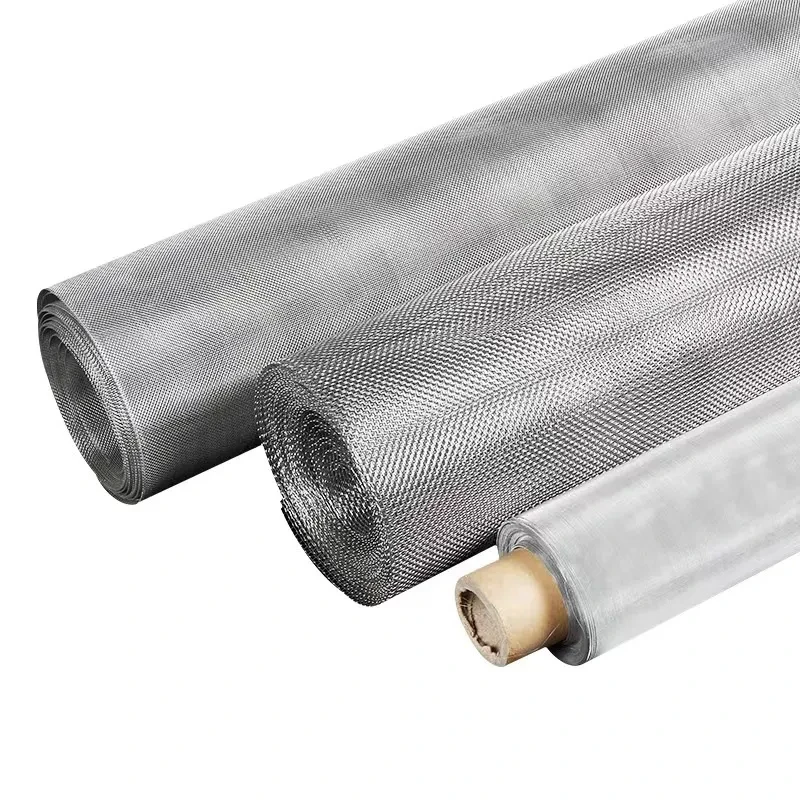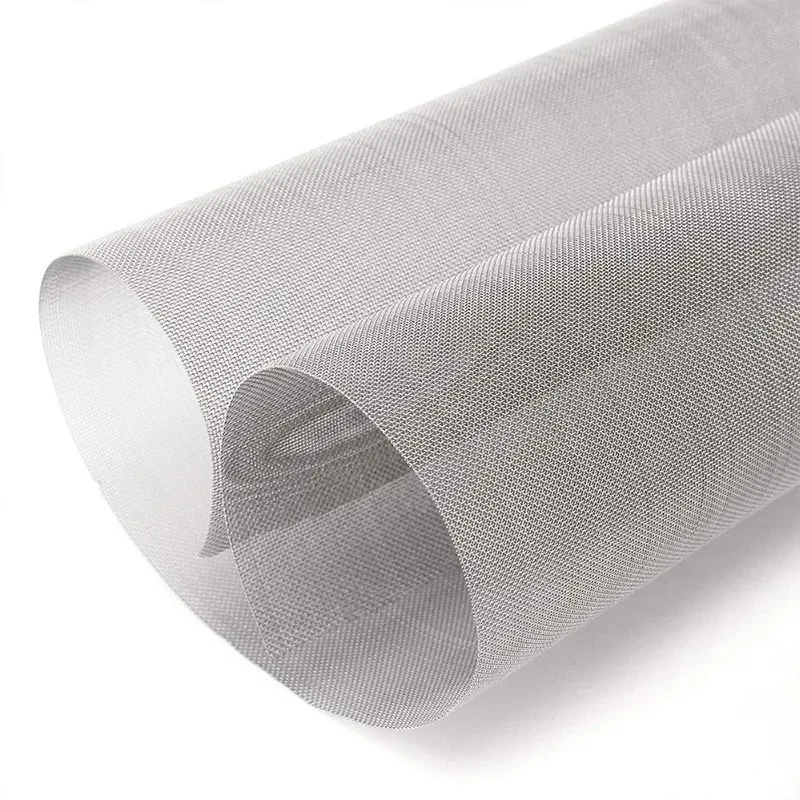Precision and Durability in Filtration: Stainless Steel Mesh Solutions
In industrial and commercial applications where precision filtration and robust performance are critical, stainless steel mesh products have emerged as indispensable tools. The specifications 10 micron stainless steel screen, 100 mesh stainless steel screen, 100 micron stainless steel mesh, 100 micron stainless steel mesh screen, and 10mm stainless steel mesh represent a range of options designed to meet diverse filtering, separating, and reinforcing needs across sectors like pharmaceuticals, food processing, and construction.
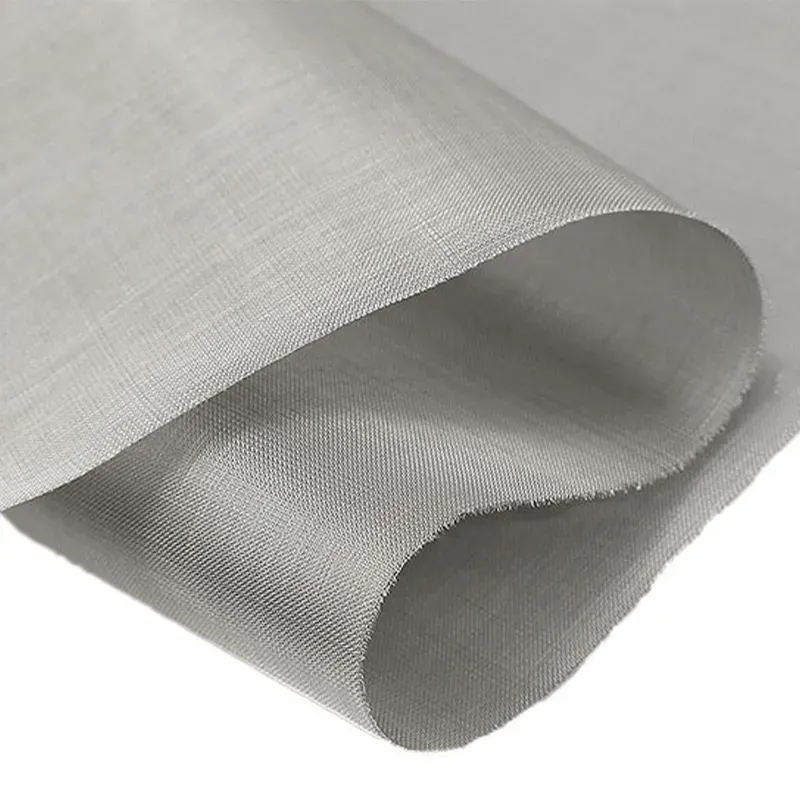
The Role of 10 Micron Stainless Steel Screen in Fine Filtration
A 10 micron stainless steel screen is engineered for applications requiring extremely fine filtration. In pharmaceutical manufacturing, this screen is used to filter out minute particulates from liquids, ensuring the purity of medications. Its tight weave traps particles as small as 10 microns, preventing contaminants from compromising product quality. For example, in the production of injectable drugs, a 10 micron stainless steel screen ensures that only sterile, particle - free solutions proceed to the final packaging stage. The corrosion resistance of stainless steel also makes it suitable for use in environments with aggressive chemicals, maintaining its structural integrity over time.
Exploring the Versatility of 100 Mesh Stainless Steel Screen
A 100 mesh stainless steel screen strikes a balance between filtration fineness and permeability. In the food industry, this screen is commonly used in processes like sifting flour or separating seeds from juices. With 100 openings per linear inch, it effectively removes unwanted debris while allowing desired substances to pass through. For instance, in craft breweries, a 100 mesh stainless steel screen filters out hops and sediment from beer, ensuring a clear and consistent final product. Its durability makes it suitable for high - volume applications, as it can withstand repeated use without stretching or tearing.
The Significance of 100 Micron Stainless Steel Mesh
100 micron stainless steel mesh is valued for its medium - fine filtration capabilities and structural strength. In water treatment plants, this mesh is used in pre - filtration systems to remove suspended solids from water sources. The 100 - micron pore size effectively captures particles like sand, rust, and algae, protecting downstream equipment from damage. Additionally, in the automotive industry, 100 micron stainless steel mesh is used in oil filters to trap contaminants, extending the life of engines by ensuring only clean oil circulates. Its resistance to high temperatures and pressure makes it a reliable choice in demanding mechanical systems.
Applications of 100 Micron Stainless Steel Mesh Screen
The 100 micron stainless steel mesh screen combines the filtering precision of 100 - micron pores with a rigid, supportive structure. In mining and mineral processing, this screen is used to separate ore particles of different sizes, enabling efficient extraction of valuable materials. The mesh’s stainless steel composition resists abrasion from heavy - duty use, making it ideal for screening coarse materials. In gardening and agriculture, it can be used to create barriers against pests while allowing air and water to penetrate, such as in greenhouse vents or compost bins.
The Utility of 10mm Stainless Steel Mesh
10mm stainless steel mesh offers a coarser yet highly durable solution for applications requiring strength and visibility. In construction, this mesh is used as reinforcement in concrete structures, providing tensile strength while allowing for proper concrete flow during pouring. Its large 10mm openings also make it suitable for safety barriers or fencing in industrial settings, where it prevents unauthorized access while maintaining clear sightlines. For example, in warehouses, 10mm stainless steel mesh can be used to separate storage areas without completely obstructing views, enhancing both security and operational efficiency.
FAQ: Key Insights into Stainless Steel Mesh Products
How to determine the right mesh size for a specific application?
Choosing the appropriate mesh size depends on the desired particle retention and flow rate. For fine filtration (e.g., pharmaceuticals), opt for smaller microns or higher mesh counts (e.g., 10 micron stainless steel screen). For coarser applications (e.g., construction), larger openings like 10mm stainless steel mesh are more suitable. Consider factors such as material type, expected load, and environmental conditions (e.g., corrosion, temperature) to ensure the mesh meets performance requirements.
What maintenance practices prolong the life of stainless steel mesh?
Regular cleaning is essential to prevent clogging and corrosion. Use non - abrasive brushes or water to remove debris, avoiding harsh chemicals that may damage the stainless steel surface. Inspect for signs of wear, such as bent wires or tears, and replace damaged sections promptly. For outdoor or high - humidity applications, periodic checks for rust and timely treatment with stainless steel protectants can extend the mesh’s lifespan.
Can stainless steel mesh be customized for specific dimensions?
Yes, most manufacturers offer customization services for stainless steel mesh, including cutting to specific sizes, shaping, and edge finishing. Whether for a unique filtration setup or a custom architectural design, 100 micron stainless steel mesh screen or 10mm stainless steel mesh can be tailored to fit exact specifications. Contact suppliers to discuss requirements for hole size, sheet dimensions, and material thickness.
How does mesh count differ from micron size?
Mesh count refers to the number of openings per linear inch, while micron size measures the actual width of each opening. For example, a 100 mesh stainless steel screen has 100 openings per inch, with a corresponding micron size that depends on the wire thickness. As mesh count increases, the number of openings and the fineness of filtration increase, while micron size decreases. Always check both specifications to ensure the mesh meets the required filtration precision.
Are there safety considerations when using stainless steel mesh?
When handling stainless steel mesh, wear protective gloves to avoid cuts from sharp edges. Ensure proper installation to prevent sagging or instability, especially for heavy - duty applications like 10mm stainless steel mesh in construction. In food and pharmaceutical settings, ensure the mesh meets hygiene standards (e.g., FDA - compliant materials) to prevent contamination. Regularly inspect for loose wires or structural weaknesses that could compromise safety or performance.

